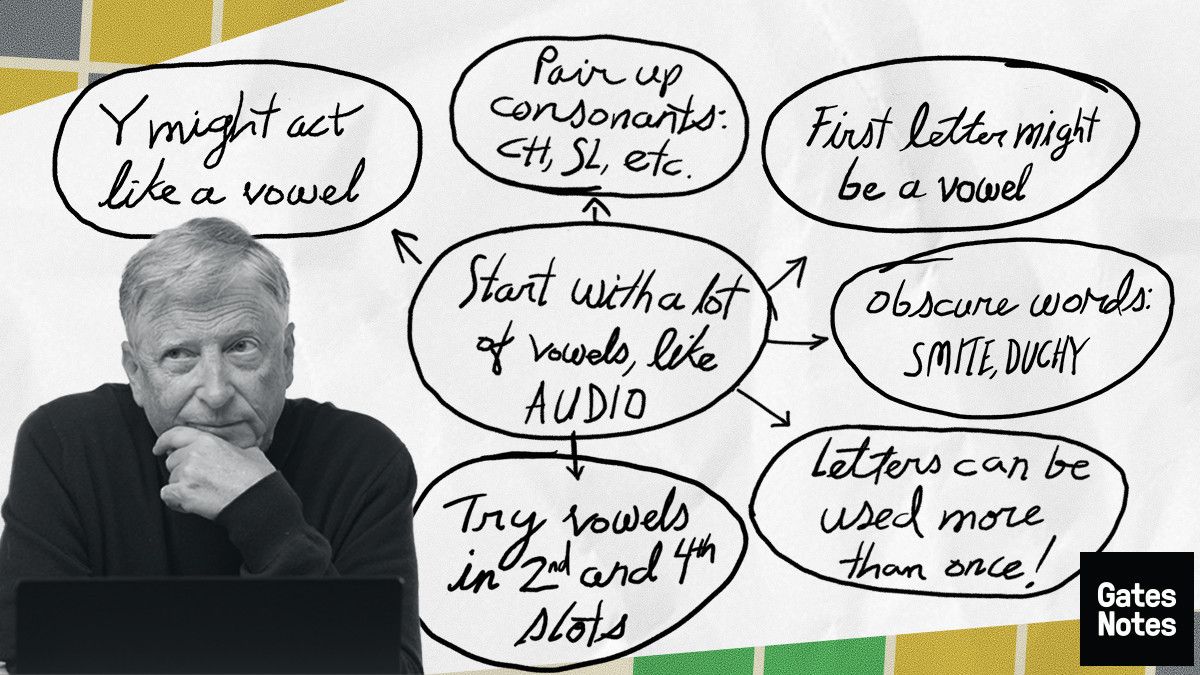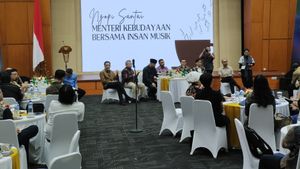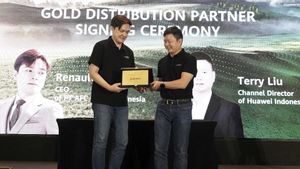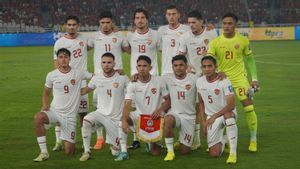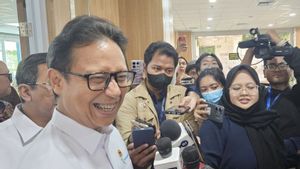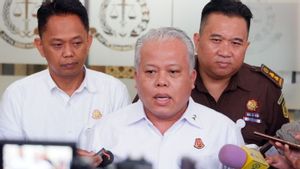JAKARTA - Bill Gates has called for greater investment in engineered crops that can adapt to climate change and fight agricultural pests, in humanity's quest to tackle world hunger.
In the Bill & Melinda Gates Foundation's latest annual Goalkeepers Report, Gates says the global hunger crisis is so great that food aid cannot fully address the problem.
According to him, what is currently needed is innovation in agricultural technology that can help reverse the crisis.
Gates specifically points to breakthroughs he calls 'magic seeds' including corn that has been bred to be more resistant to hotter, drier climates. Even rice that takes three weeks less to grow in the rice fields.
"This innovation will allow agricultural productivity to increase even though the climate changes," said the Microsoft founder as quoted by the Daily Mail.
However, he claims the research and development budget for new innovations such as magic seeds is still too small compared to food aid spending.
"It's good that people want to prevent their fellow human beings from starving when conflicts like Ukraine disrupt food supplies, but we must also recognize that the crisis is symptomatic of a deeper problem," Gates said in the report.
“Many countries are not yet developed enough, and climate change is making agriculture even more difficult. The challenge cannot be solved with a donation. It requires innovation,” he said.
The Bill & Melinda Gates Foundation is the world's largest private foundation and is renowned for its work in global health, including vaccines.
They became fully operational in 2000, after Gates left his CEO position at Microsoft, the technology giant he founded.
The foundation has invested heavily in agricultural technology, including a type of corn seed that thrives at higher temperatures and in drier conditions, known as DroughtTEGO.
The seeds were first developed under the African Agricultural Technology Foundation program, where the Gates Foundation has donated $131 million since 2008. 1960
Since then, the foundation has spent $1.5 billion on grants focused on agriculture in Africa. This was first reported by Candid, a nonprofit that researches philanthropic giving.
Gates also demonstrated the potential of predictive modeling that uses artificial intelligence to process sequences of plant genomes along with environmental data and conjures data-driven visions of what agriculture will look like in the future.
“From this computer model, researchers can identify optimal plant varieties for a particular place. Or they can do the opposite, which is to determine the optimal place to plant certain plants,” he explained.
The technology is still in its infancy, but similar predictive models, which anticipate where farms may be exposed to invasive species or plant diseases, have reaped enormous rewards.
The foundation's spending on agricultural development is the reason why Gates' views on how countries should respond to food insecurity are all the more important in a year when a record 345 million people worldwide suffer from acute hunger.
VOIR éGALEMENT:
The World Food Program said in July that the tally was a 25 percent increase before Russia invaded Ukraine in February and a 150 percent jump from before the pandemic hit in the spring of 2020.
However, in placing technology as a leading role in tackling the world's food crisis, Gates sets himself at odds with critics who say his ideas run counter to the world's efforts to protect the environment.
They note that the seeds generally require pesticides and fossil fuel-based fertilizers to grow. Critics also argue that Gates' approach does not address the urgency of the crisis.
Developing 'miracle seeds' will take years and will not immediately provide assistance to countries currently experiencing widespread suffering because they are dependent on food imports or are experiencing severe drought.
It is a debate that could intensify international pressure to meet the common goal of global prosperity and peace, known as the United Nations Sustainable Development Goals, ahead of the 2030 deadline.
The 17 goals include ending poverty and hunger, fighting climate change, providing access to clean water, working towards gender equality and reducing economic inequality.
The English, Chinese, Japanese, Arabic, and French versions are automatically generated by the AI. So there may still be inaccuracies in translating, please always see Indonesian as our main language. (system supported by DigitalSiber.id)
